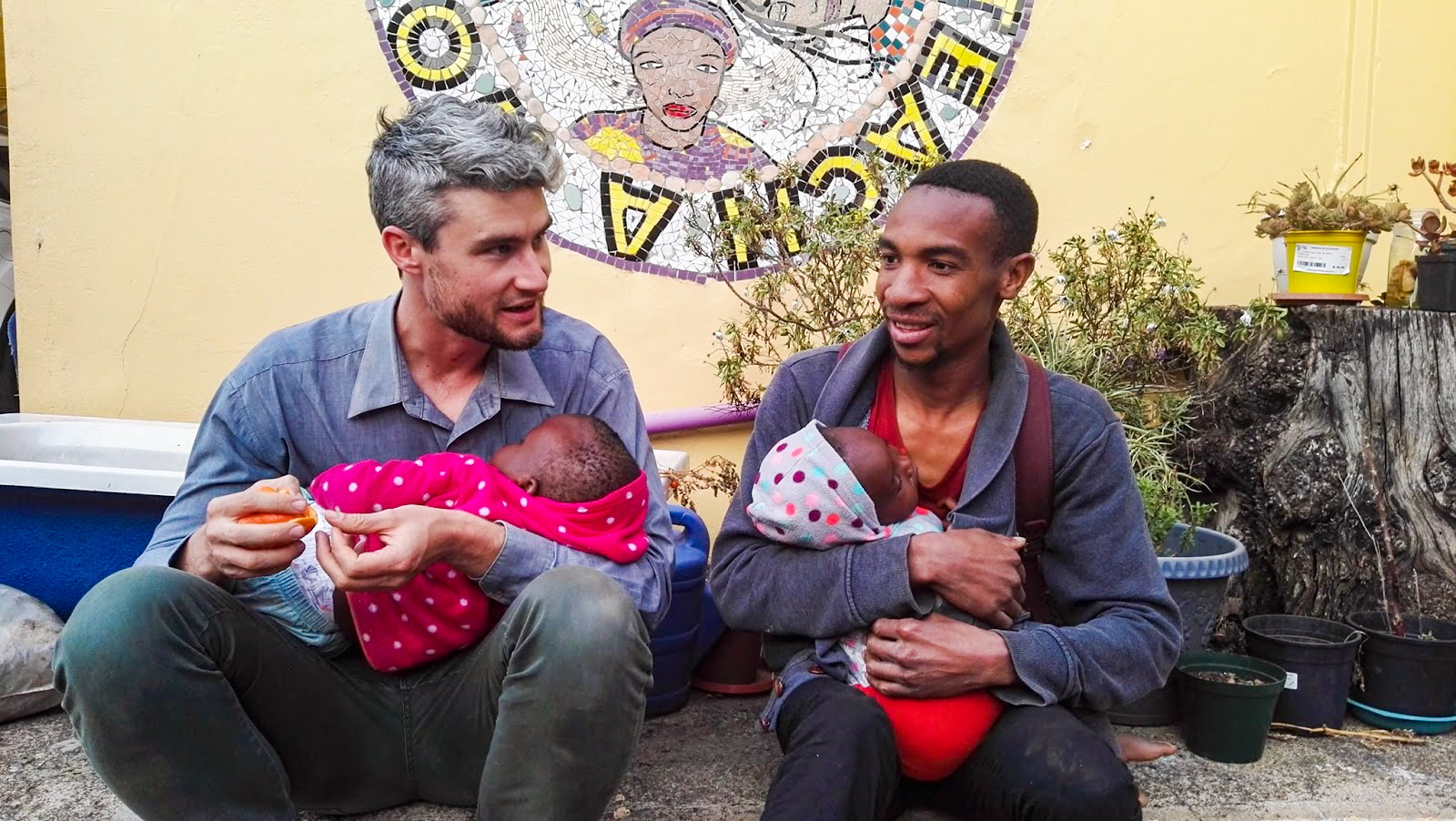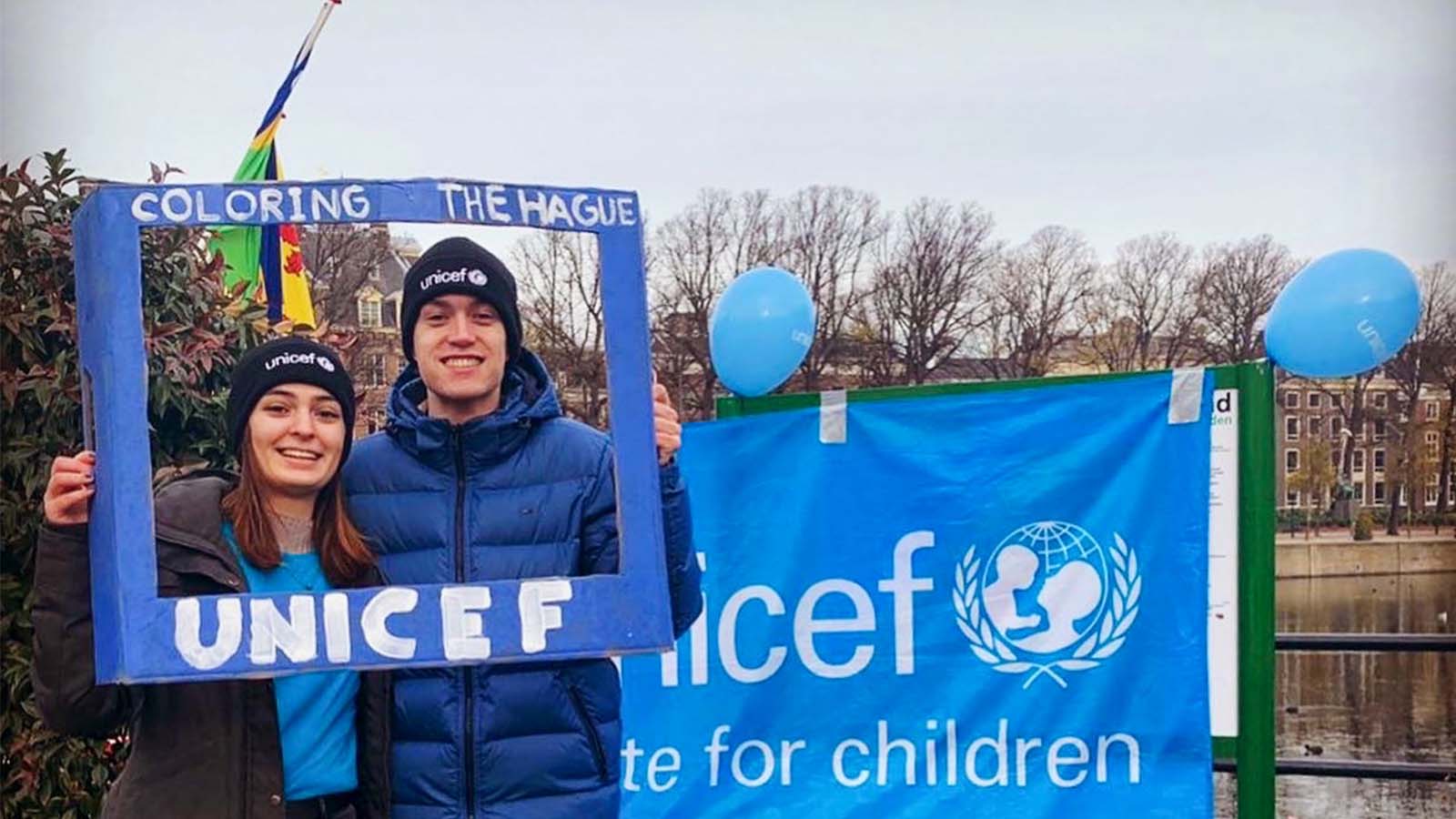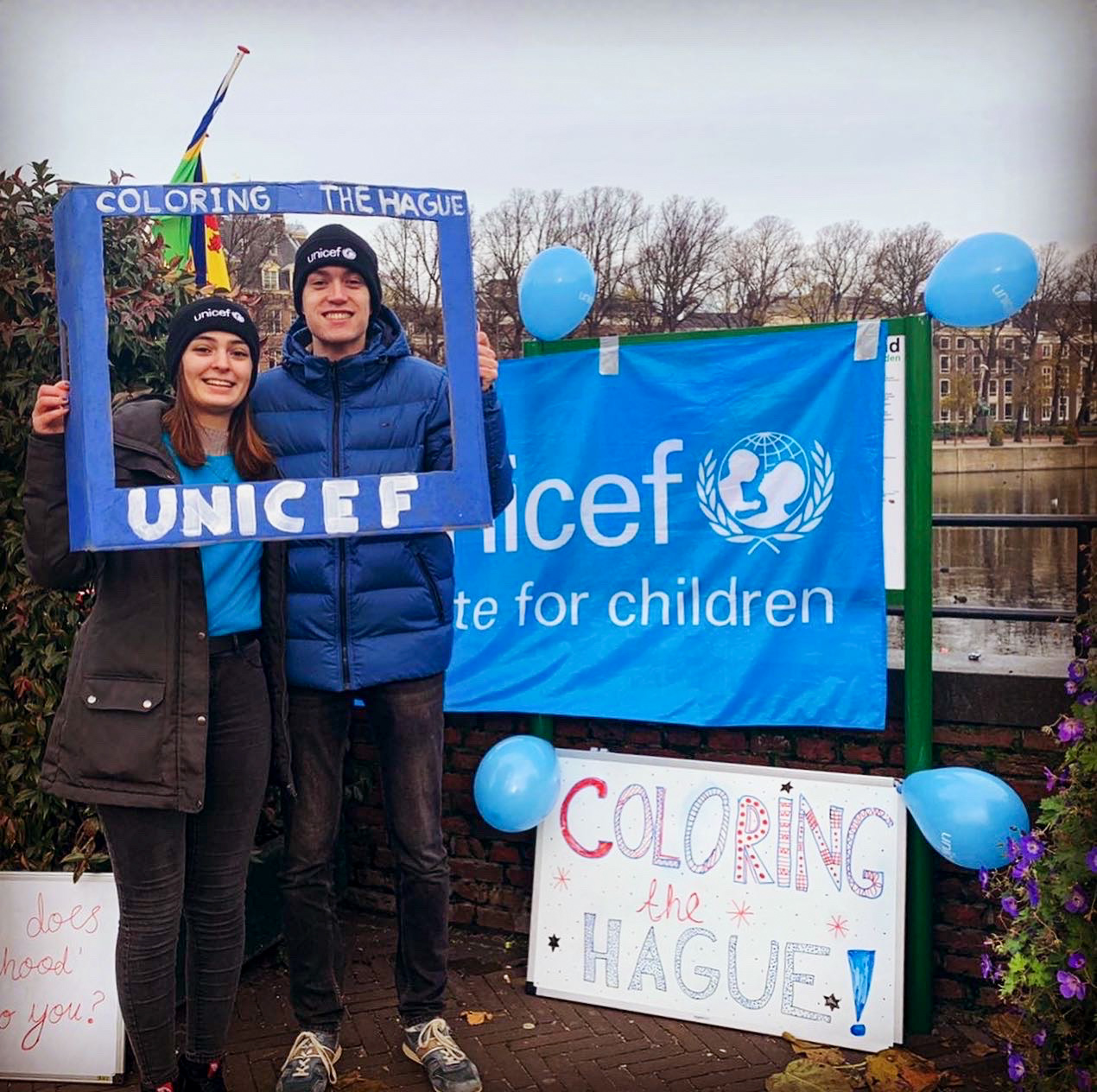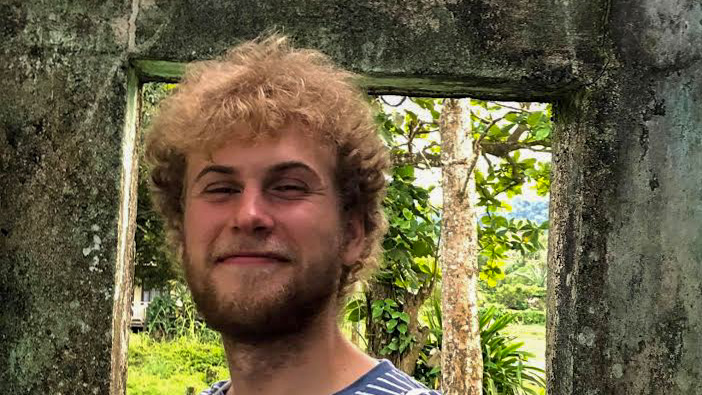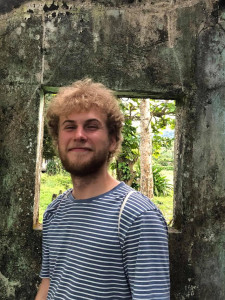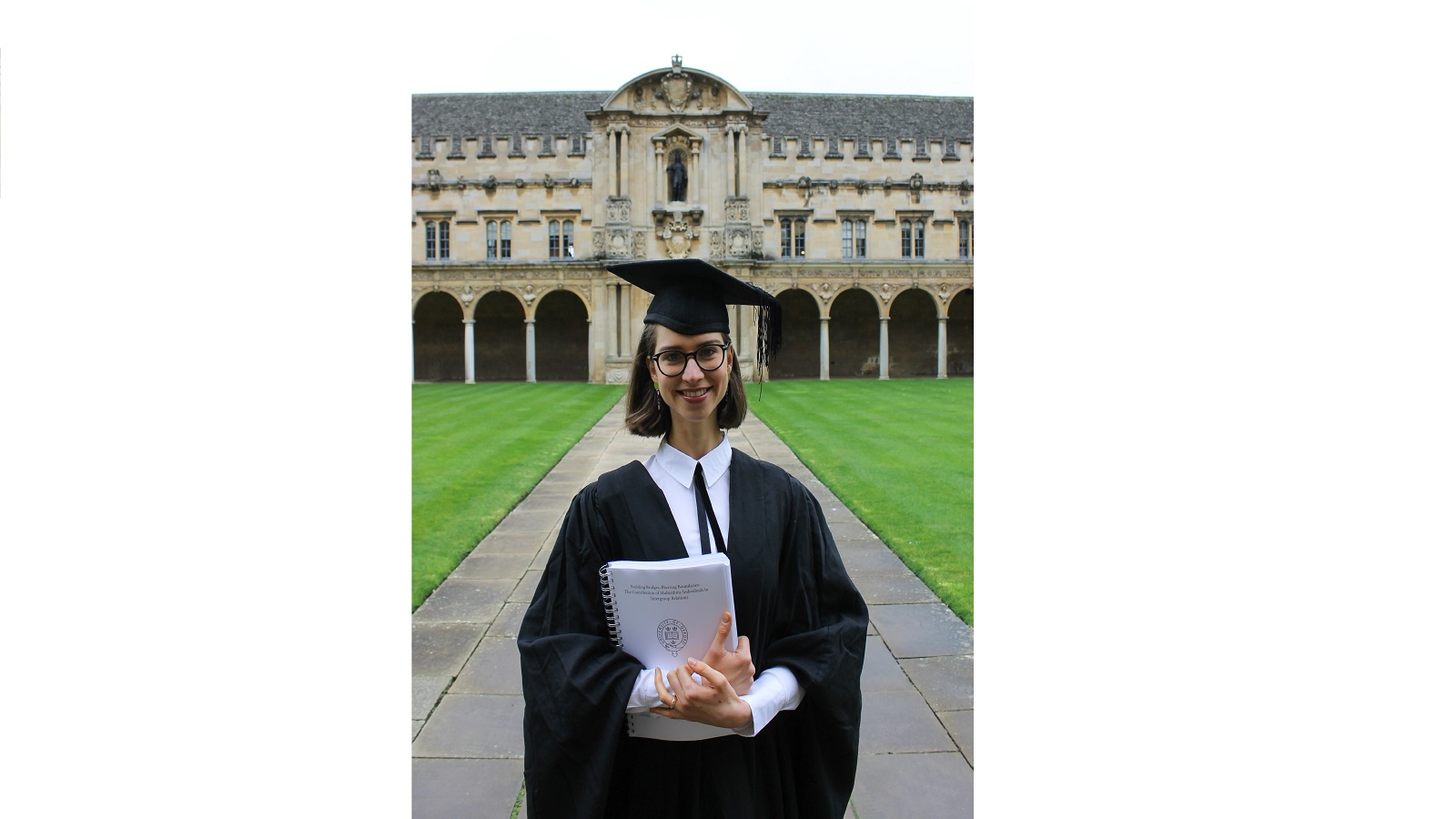Simon Sizwe Mayson (RCN’07)

Simon Mayson and Chann de Villiers on the main stairwell in Troyeville House.(Photo: Chris Collingridge)
Being awarded the scholarship to attend Red Cross United World College in 2005 blew on the changemaker fire sparking within me, and it continues to burn today. At UWC I was immersed in a microcosm of the world and granted considerable freedom to initiate and lead projects at only 17 years old. Furthermore, the experiential learning opportunities I had at college enabled me to put the fire to good use.
Though many UWCers continue studying abroad after the International Baccalaureate, I decided to return to my homeland, South Africa, and ‘relearn’ it following this UWC experience. And, while many first year students around me were floundering in their newfound freedoms, UWC enabled me to initiate projects that harnessed the changemaker potential of hundreds of University of Cape Town volunteers.
Fast forward through several years of ‘adulting’ and I’m working with other changemakers to enable a wellbeing economy in an area we’re calling ‘Makers Valley’, in a downtrodden part of inner city Johannesburg. In partnership with the US Consulate, British Council, Engineers Without Borders, Nando’s and local NGOs and developers, we mainly support creative and social entrepreneurs (changemakers) with seed funding, space and community. The aim is to enable the neighbourhood, like UWC a microcosm of the world (or at least Africa), as the city’s ‘”heart of social and creative enterprise”. But in our aims to grow collective wellbeing in the world’s most unequal country, in the last two years Makers Valley partners have worked on a wide range of projects from the establishment of a fledgling community currency and swap shops, food parcels during the COVID-19 lockdown, edible gardens, youth employment and entrepreneurship expos, safety and security initiatives, and more.
The latest project is the Troyeville House, a set of buildings dating to the gold rush that founded Joburg, and in surprisingly good nick. The property consists of an 11-bed mansion and gardens, chapel, hall, sanctuary, coach house converted into flats, and vacant land we’re planning to showcase tiny houses on. We are seeing a diverse group of changemakers joining the community as long- and short-term residents, as well as undertaking work for the greater good in the neighbourhood and beyond.
I’m currently doing a lot of introspection as part of the action research PhD thesis I’m writing, and I frequently think of my time at Red Cross Nordic in relation to my current work. As we set up and grow the Troyeville House as a Changemakers Residence, I sometimes wonder if I’m secretly trying to live my UWC experience in perpetuity!
We would love to welcome visitors and residents from the extended UWC family! Please get in touch with Chann and Simon through the website www.troyeville.house 🙂

